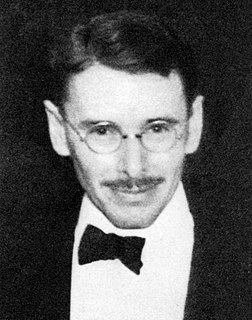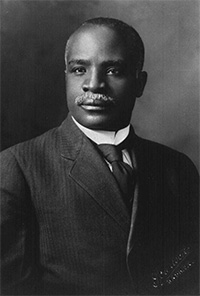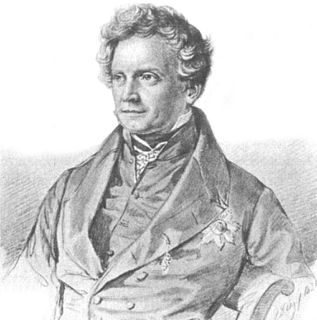A Quote by Rudyard Kipling
As I pass through my incarnations in every age and race... and the hearts of the meanest were humbled.
Related Quotes
All intelligent beings who are crowned with crowns of glory, immortality, and eternal lives must pass through every ordeal appointed for intelligent beings to pass through, to gain their glory and exaltation. Every calamity that can come upon mortal beings will be suffered ... to prepare them to enjoy the presence of the Lord. ... Every trial and experience you have passed through is necessary for your salvation.
Reachable, near and not lost, there remained in the midst of the losses this one thing: language. It, the language, remained, not lost, yes, in spite of everything. But it had to pass through its own answerlessness, pass through frightful muting, pass through the thousand darknesses of deathbringing speech. It passed through and gave back no words for that which happened; yet it passed through this happening. Passed through and could come to light again, “enriched” by all this.





































